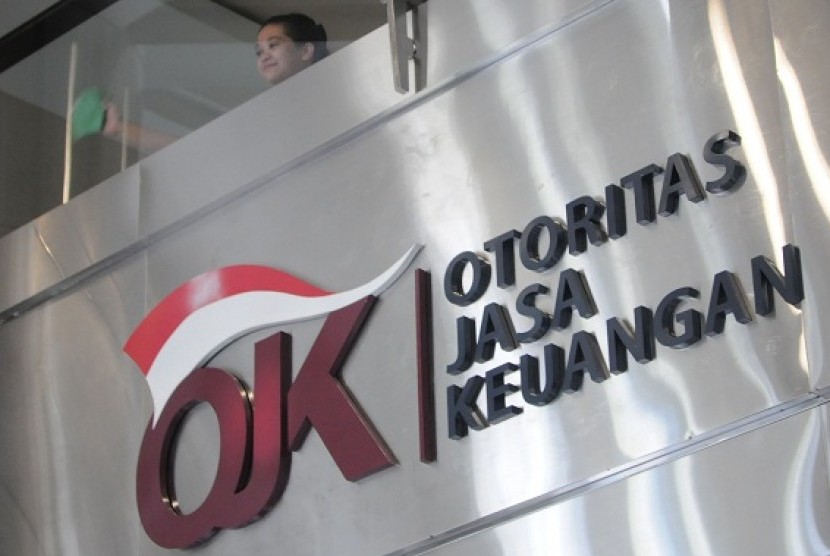REPUBLIKA.CO.ID, JAKARTA -- The restructuring of banking credit in Indonesia is considered to be running well and in accordance with its track. The restructuring of bank credit is an effort of regulators and the government to drive the economy amid the corona virus pandemic.
The Indonesian's Financial Services Authority (OJK) stated that currently the level of bank credit restructuring is getting sloping. Based on OJK's data, the realization of bank credit restructuring is valued at Rp999.7 trillion originating from 7.97 million debtors as of March 8, 2021.
The restructuring of the MSME segment amounted to Rp392.2 trillion with 6.17 million debtors, while non-MSME segment Rp607.5 trillion with 1.80 million debtors.
Chairman of the OJK Board of Commissioners Wimboh Santoso said during relaxation, debtors can carry out credit restructuring or recurring financing. This is done as long as it still has business prospects and is not subject to unnatural or excessive fees.
"During the relaxation period, debtors can restructure credit/recurring financing as long as they still have business prospects and are not subject to unnatural/excessive fees," said Wimboh in an official statement, Thursday (25/3).
Credit restructuring is a policy provided by banks and banking industry regulators to provide relief to customers who have the potential to experience difficulties in fulfilling their obligations.
The intensive credit restructuring policy was initiated by the OJK since last year to ease the burden on customers in the midst of the Covid-19 pandemic.
With the restructuring policy, said Wimboh, the level of gross non-performing credit risk could be maintained at the level of 3.17 percent. Banks have time to organize their financial performance by gradually forming reserves, and the real sector has room to bounce back.


